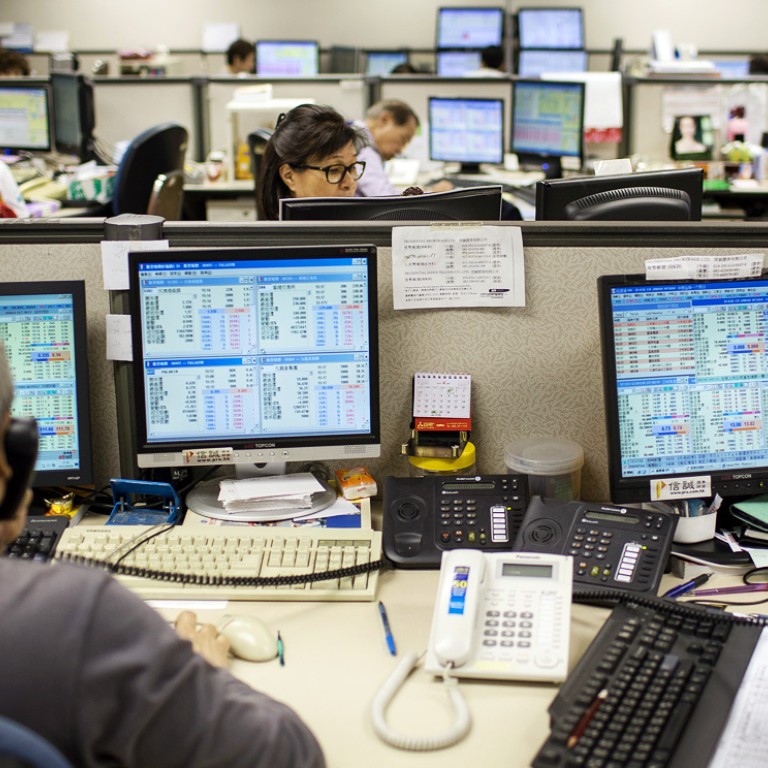
Hong Kong needs financial reform to weather future financial crises and regain its lost lustre
Legislators' marginal tinkering has led to steady deterioration of city's status in world banking
Changes like the adoption of so-called “Twin Peaks” regulators, making the Financial Services Development Council a statutory body and integration with the Asean Capital Markets Forum could help Hong Kong weather future financial crises.
Since 2008, Hong Kong has remained one of the few jurisdictions to avoid large-scale changes in its financial regulation. In the US, UK, Australia and across the EU, governments have radically changed the way their financial regulators work. Judging by International Monetary Fund (IMF) and Financial Stability Board (FSB) studies, to these changes, their financial overhauls have made these countries more resilient and attractive places to park money.
As the Monetary Authority of Singapore engages in similar self-reflection, the time has come to think about an overhaul which is far more dramatic than the tinkering that Hong Kong legislators have done in recent years.
Hong Kong regulators have helped to guide minor amendments to the Banking Ordinance and the Securities and Futures Ordinance, and will overhaul the insurance regulator.
Yet, these reforms have only tinkered at the margins. Such marginal tinkering has resulted in Hong Kong’s steady deterioration as a financial centre. First, even by the Hong Kong the Hong Kong Institute for Monetary Research’s International Mining Association’s own admission, the city probably ranks closer to sixth place among financial centres – rather than third, as widely believed.
Second, Hong Kong’s real estate and securities markets look far more likely to lose a significant part of their value if local debt on the mainland blows up. Third, Hong Kong continues to slip vis-a-vis London and Singapore as a renminbi centre. London and New York (the largest financial centres) have not just refurbished shop; they’ve been rebuilding it from the ground up.
We know that a financial crisis will eventually happen on the mainland. Is Hong Kong ready to weather a mainland-origin storm?
The UK and Australia have already redesigned their regulators based on a “Twin Peaks” model. These “Twin Peaks” refer to two large regulators – one making sure that financial markets stay stable and the other to police bad behaviour by banks, brokers and others.
By clumping together the mess of regulators that existed before, countries like South Africa hope to make one powerful organisation answerable for stability.
In the dark days of the US crisis, the US Treasury argued for a “Twin Peaks” approach. In my recent research, I show how Hong Kong can adopt this model before the crisis hits. Putting such an approach in place requires little more – at least at first – than mashing together the Banking Ordinance, Securities and Futures Ordinance, the Insurance Companies Ordinance and tens of thousands of pages of regulation into two baskets. The gains in terms of extra stability and clarity could pay for themselves quickly.
The regulators help protect the financial system from risk – but who focuses on its returns? The Financial Services Development Council (FSDC) represents the closest thing to an investment promotion agency. Neither political body nor public-private partnership, the council occupies an uncomfortable space among our institutions. Our research finds that it should become a statutory body, with clear administrative goals, powers and accountability.
Our research also encourages Hong Kong senior government officials to help set up region-wide regulations governing the offer of bank accounts and securities across borders in the Southeast Asian region. By negotiating membership in Asean’s Capital Markets Forum, we could have a voice in the development of the region
The council could help crowd-in private finance for activities like putting shareholders’ annual meetings online, updating our bond price reporting platform and a host of other activities. We also provide a business plan estimated trading revenue for the fledging body.
Hong Kong could do much more business in the Asean region. In our research paper, we outline a method of “passporting” investments and banker/adviser qualifications. Yet, such “passporting” won’t take place if Hong Kong acts unilaterally. We propose closer activity between Hong Kong and the Asean Capital Markets Forum. Initial steps should consist of signing the usual documents of cooperation. But later work could focus on regulatory harmonisation and mutual recognition that would allow Hong Kong bankers and broker-dealers to sell in Jakarta, Kuala Lumpur and Bangkok.
These three activities – adopting “Twin Peaks” regulators and getting serious about the FSDC and Asean – could help Hong Kong regain its lost lustre. Yet, financial regulation – and the regulators – won’t change themselves. It’s up to all of us to move the debate forward.

